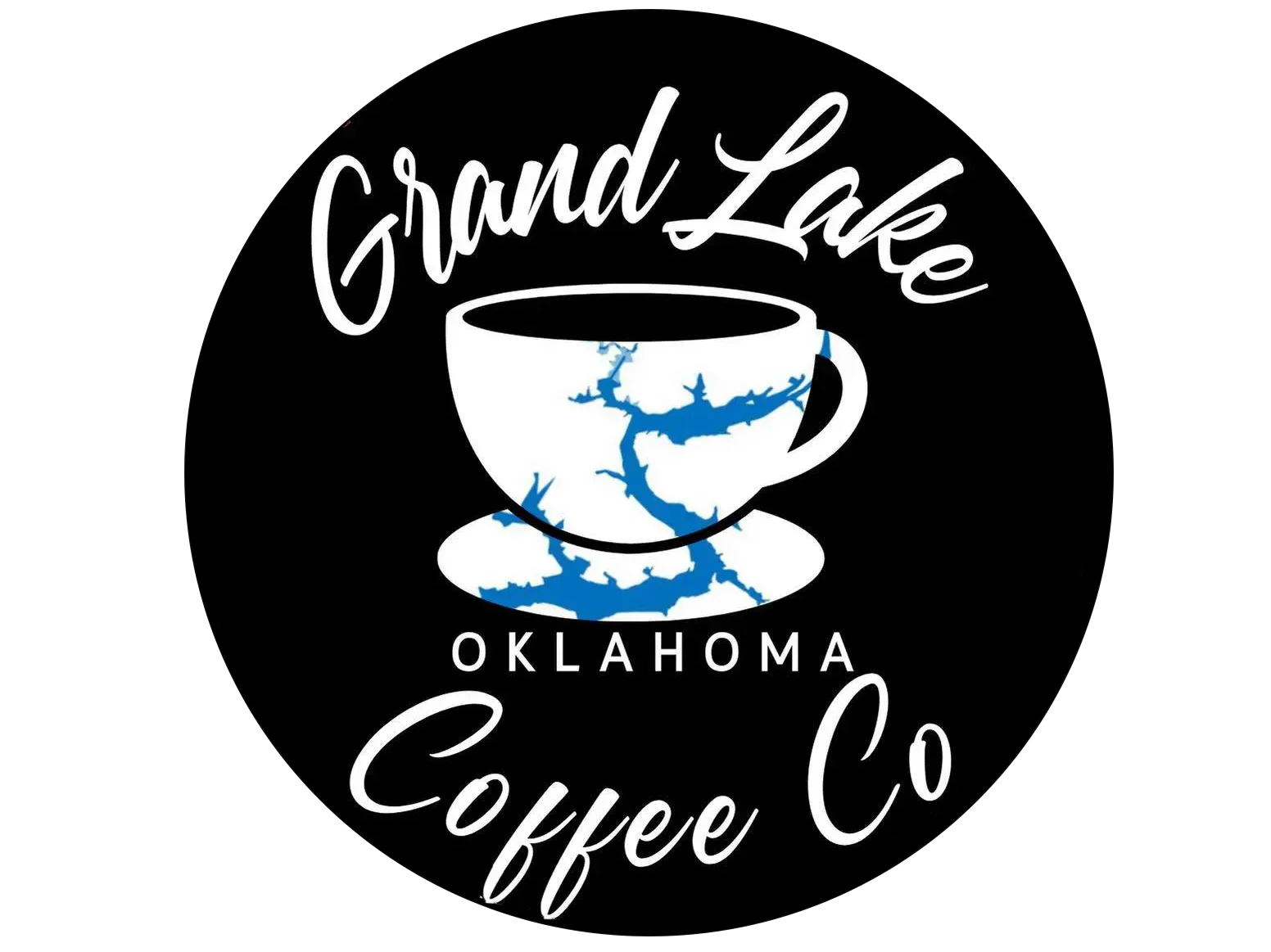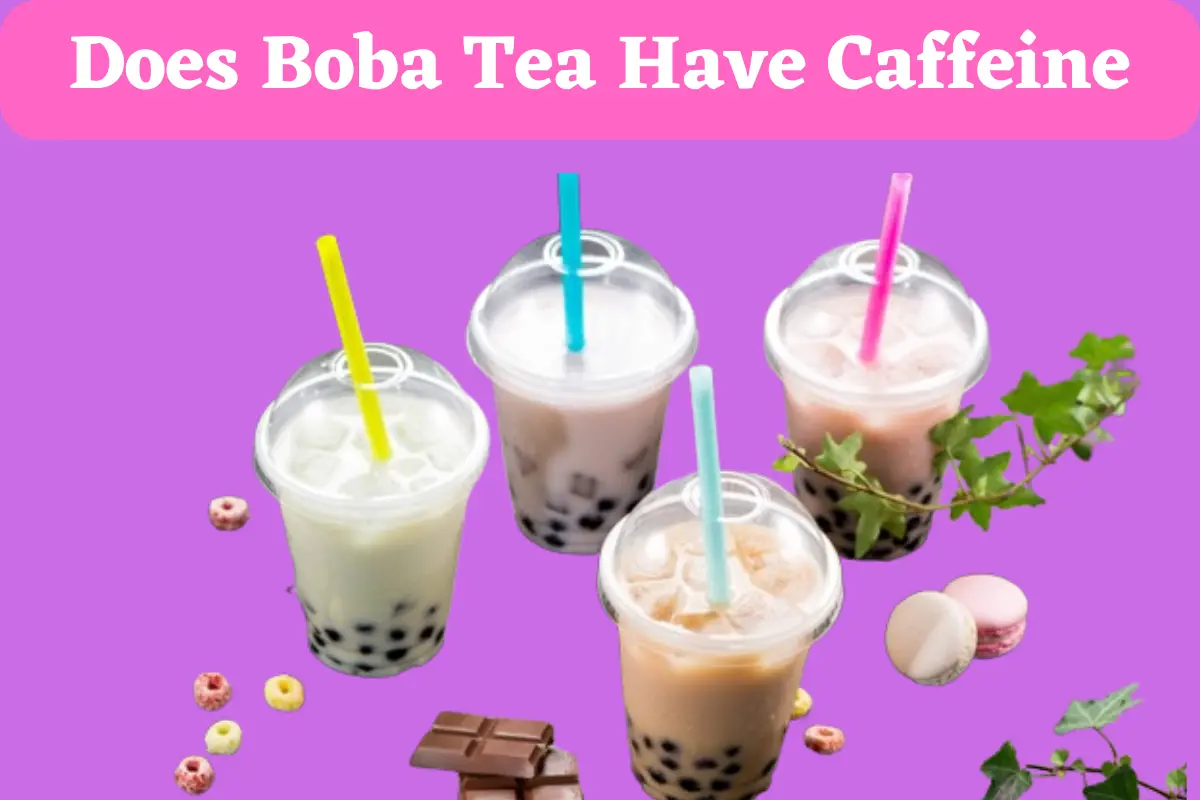Bubble tea, the beloved Taiwanese drink with its signature chewy tapioca pearls, has taken the world by storm. Its colorful appearance and endless flavor combinations make it an irresistible treat. But, if you’re watching your caffeine intake, you might be wondering – does boba tea have caffeine? While caffeine levels can vary, there’s a good chance your favorite boba beverage packs a bit of a buzz.
Let’s explore what gives bubble tea its potential energy boost and how you can find options that fit your preferences.
Importance of Knowing About Boba Tea
Originating in Taiwan in the 1980s, Boba tea has gained popularity in countries such as the United States, Canada, Australia, and many others. The unique combination of chewy tapioca pearls, tea, and various flavorings has made boba tea a trendy and refreshing choice for many.
One of the main benefits of boba tea is its versatility. It can be customized to suit individual tastes and preferences, with a wide range of tea bases, milk options, and flavors available. Some people enjoy the social aspect of sharing a boba tea with friends or family, as it has become a popular hangout beverage. Additionally, certain teas used in boba, such as green or black tea, may offer potential health benefits like antioxidants, which can help protect cells from damage.
Appealing to people of various ages and backgrounds, this beverage is particularly popular among younger generations, such as millennials and Gen Z, who have embraced the drink as a trendy and Instagram-worthy beverage.
Despite its popularity, there are some groups who should be cautious about consuming boba tea or avoid it altogether. People with diabetes or those watching their sugar intake should be mindful of the high sugar content in many boba tea recipes. Some individuals may also be sensitive to caffeine, which is present in the tea used as a base for the drink. Pregnant women and children should limit their caffeine intake, so they may want to opt for decaffeinated or low-caffeine alternatives.
However, the caffeine content in Boba tea can vary significantly depending on several factors. The type of tea used (such as black, green, or oolong) and the brewing method can impact the caffeine levels. Some boba tea shops may also offer decaffeinated options or use herbal teas as a base, which naturally contain no caffeine.
Other factors that can affect the caffeine content in boba tea include the serving size, the ratio of tea to milk or other ingredients, and any additional caffeine-containing components like coffee jelly or chocolate. It is important for consumers to be aware of these variables and ask about the caffeine content if they have specific concerns or sensitivities.
Does Boba Tea Have Caffeine?
Yes, Boba tea is typically NOT caffeine-free. It can contain caffeine depending on the tea base used. The caffeine content in boba tea varies based on the type of tea and its concentration:
- Black Tea Boba: 30 – 85 mg of caffeine
- Green Tea Boba: 10 – 45 mg of caffeine
- White Tea Boba: 14 – 40 mg of caffeine
However, caffeine-free options are available for those who prefer or need to avoid caffeine. These options can include boba teas made with ingredients like taro, herbal or fruit teas.
Additionally, some stores might provide the option to customize your drink with decaffeinated tea or to omit the tea altogether, opting for a caffeine-free milk-based beverage with added flavors and toppings. If you are looking for a caffeine-free boba tea, it is best to ask the shop about their available options or look for specifically labeled caffeine-free varieties.
Boba Tea Variants and their Caffeine Content
The world of boba tea is always expanding, with new shops putting their unique twists on the classics and inventing new flavor combinations. Don’t be afraid to experiment and discover your personal favorites.
Black Milk Tea
The foundation of boba, this classic offers a robust tea flavor perfectly balanced with creamy milk and the fun pop of tapioca pearls. Look for variations using different black tea bases like Earl Grey tea or Assam for extra depth.
Taro Milk Tea
Taro Milk Tea delightful purple drink that features the unique earthy sweetness of taro root, reminiscent of vanilla and roasted nuts. Taro can come in powdered form for a smoother drink or in a slightly chunky puree for added texture.
Thai Milk Tea
Recognizable by its vibrant orange hue, Thai milk tea brings a bold black tea flavor tempered with the richness of sweetened condensed milk. For an extra authentic touch, some shops will use a specific Thai tea blend.
Brown Sugar Milk Tea
This trendy option delights both the eyes and the taste buds. Brown sugar creates gorgeous caramel swirls in the cup and offers a richer, more complex sweetness than standard white sugar.
Mango Boba
Tropical and vibrant, mango boba is a summer favorite. Discover options made with fresh mango chunks, purees, or flavored syrups for different levels of sweetness and texture.
Strawberry Milk Tea
The timeless pairing of sweet strawberries and creamy milk is a hit with all ages. Some shops make it with fresh strawberries, while others rely on syrups for a more consistent year-round flavor.
Passionfruit Tea
This tangy delight brings a bright, refreshing quality to boba tea. Look for versions with popping boba that release a burst of extra passionfruit flavor with every bite.
Lychee Tea
Increasingly popular, lychee boba boasts a unique floral and sweet flavor. Find it with chewy lychee jelly bits or even whole lychee fruit for an extra special treat.
Matcha Milk Tea
Perfect for matcha enthusiasts, this drink combines the bright green, slightly grassy flavor of matcha powder with milk and sweet boba. It creates a visually stunning and beautifully layered treat.
Coffee Milk Tea
Coffee fans, don’t worry – there’s a boba for you too! This hybrid mixes strong coffee with tea and milk for a delicious pick-me-up with tapioca pearls.
Wintermelon Milk Tea
Don’t let the name confuse you; this isn’t flavored with melon! It’s a subtle, slightly sweet drink popular with those who favor less sugary boba options.
Honeydew Milk Tea
Sweet and fragrant, honeydew brings a delicate melon flavor with a gorgeous pale green color.
List of Ingredients in Boba Tea
Boba tea is a versatile and customizable beverage that can be made with a variety of ingredients.
The Essentials
- Tea: This provides the foundation of flavor. Black tea is the classic choice for its robust taste, but green tea offers a lighter, grassier option. Oolong provides a unique floral depth, while herbal teas are perfect for caffeine-free boba.
- Tapioca Pearls (Boba): These are the stars of the show! Made from tapioca starch, they cook into delightfully chewy little spheres that soak up the flavor of the tea and provide a fun textural contrast.
- Milk/Creamer: This is what makes your boba tea creamy and indulgent. Traditional dairy milk is common, but plant-based options like almond, soy, oat, or even coconut milk are increasingly popular. Flavored creamers can add another layer of deliciousness!
- Sweetener: A touch of sweetness is essential to balance the flavors. Simple syrup is the most versatile, while honey, brown sugar, maple syrup, or even condensed milk offer unique flavor profiles.
Flavor Extravaganza
- Fruity flavors: Bursts of vibrant flavor come from fruit syrups or purees. Mango, strawberry, taro, passionfruit, lychee, and many more are delicious additions that turn your boba tea into a refreshing treat.
- Popping boba: These tiny, juice-filled spheres explode in your mouth with an extra hit of flavor. You might find them in various fruit flavors or even unique choices like yogurt or coffee.
- Jellies: For more textural fun, you’ll find different flavored jellies in boba tea. There are grass jellies, coconut jellies, star-shaped jellies…the possibilities are endless!
- And More! Some boba shops get even more creative, adding ingredients like ice cream, pudding, red beans, or even crushed Oreos to their drinks!
Boba Tea Nutritional Information
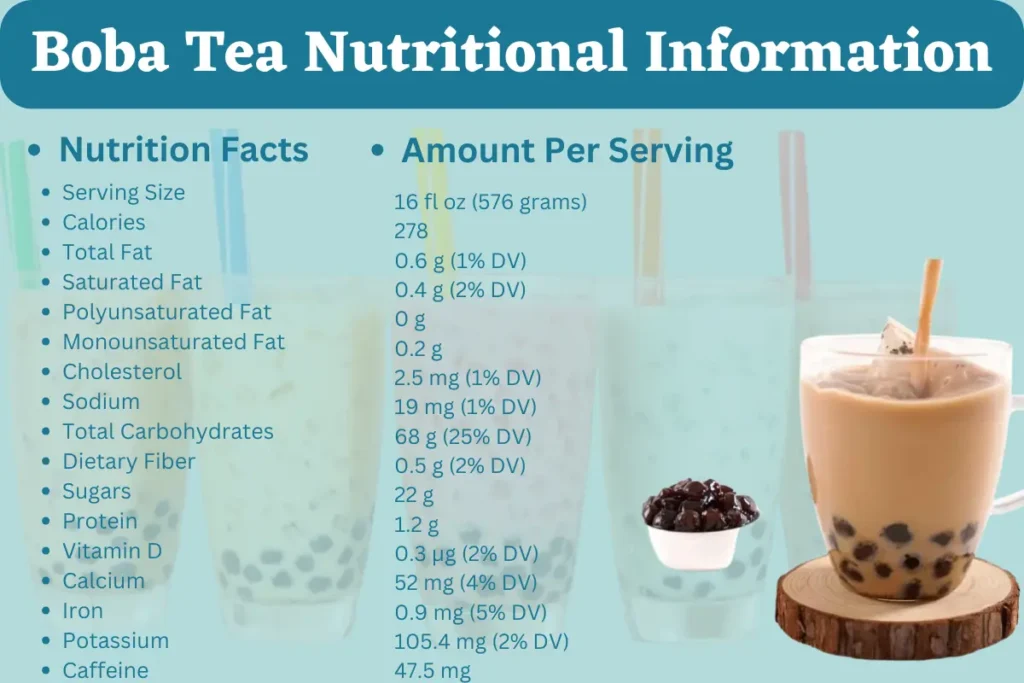
Typically, boba tea is high in calories and sugar, with a 16 fl oz serving potentially containing hundreds of calories and a hefty dose of sugar. It’s low in fat and protein and offers minimal amounts of micronutrients like calcium, iron, and potassium. If your boba tea is made with traditional tea bases, it will contain some caffeine, though usually less than a standard cup of coffee.
Keep in mind that the nutritional content will change based on the specific ingredients and any added toppings. To make healthier choices, consider smaller sizes, reduced sugar levels, and non-dairy milk options. While boba tea might not be a health elixir, it can still be enjoyed as an occasional treat!
| Nutrition Facts | Amount Per Serving |
| Serving Size | 16 fl oz (576 grams) |
| Calories | 278 |
| Total Fat | 0.6 g (1% DV) |
| Saturated Fat | 0.4 g (2% DV) |
| Polyunsaturated Fat | 0 g |
| Monounsaturated Fat | 0.2 g |
| Cholesterol | 2.5 mg (1% DV) |
| Sodium | 19 mg (1% DV) |
| Total Carbohydrates | 68 g (25% DV) |
| Dietary Fiber | 0.5 g (2% DV) |
| Sugars | 22 g |
| Protein | 1.2 g |
| Vitamin D | 0.3 μg (2% DV) |
| Calcium | 52 mg (4% DV) |
| Iron | 0.9 mg (5% DV) |
| Potassium | 105.4 mg (2% DV) |
| Caffeine | 47.5 mg |
Alternatives to Boba Tea and their Caffeine Content
If you love the fun drinks with customizable textures and flavors but want something different than boba tea, here are some fantastic alternatives, along with their caffeine content:
Caffeine-Free Options
Fruit Smoothies with Added Extras
Get fruity goodness with blended smoothies made from your favorite fruits, yogurt, and milk alternatives. Customize with fun additions like chia seeds for texture or even flavored jellies.
Herbal “Teas”
While technically not true teas, herbal infusions offer diverse flavors without caffeine. Try chamomile Tea for relaxation, fruity hibiscus for a beautiful color and tart taste, or a refreshing mint tea.
Milk-Based Drinks with Flavorings
Get creative with creamy bases like milk or plant-based alternatives and add delicious syrups like chocolate, hazelnut, or even lavender. Toppings like whipped cream or cookie crumbles can add extra fun.
Italian Soda
This refreshing option blends flavored syrup with soda water for a fizzy, sweet treat. Customize it further with a splash of cream for extra richness.
Options with Some Caffeine
Matcha Lattes
Enjoy the bright green, grassy-sweet flavor of matcha in a creamy latte format. Matcha has less caffeine than a cup of coffee but has an energizing effect due to its unique amino acid profile.
Chai Tea Lattes
Embrace the warmth of chai spices blended with milk and a touch of sweetener. Many chai variations exist, from classic black tea-based masala chai to caffeine-free rooibos chai.
Dirty Chai Latte
A delightful twist on classic chai, this adds a shot of espresso for a coffee-chai hybrid perfect for an extra boost.
Yerba Mate
A naturally caffeinated South American drink made from brewed yerba mate leaves. While caffeine content can be high, some find it provides a smoother, sustained energy effect compared to coffee.
| Beverage | Caffeine Content |
| Matcha Latte | 19 to 44 mg per gram serving |
| Chai Tea Latte | 6 to 20 mg per ounce serving |
| Dirty Chai Latte | 160 mg per 12-ounce serving |
| Yerba Mate | 80 mg per 150 ml serving |
| Fruit Smoothies | Caffeine-Free |
| Herbal Teas | Caffeine-Free |
| Milk-Based Drinks | Caffeine-Free |
| Italian Soda | Caffeine-Free |
Recommended Daily Intake of Boba Tea
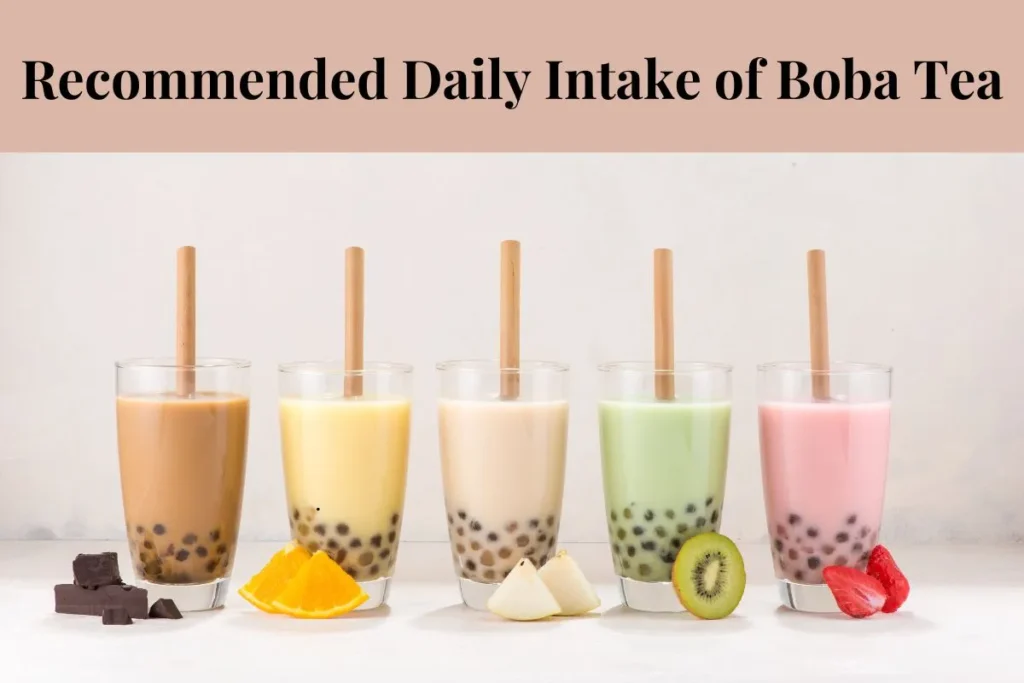
The Recommended Daily Intake (RDI) for caffeine for adults is generally considered to be up to 400 milligrams (mg) per day. This recommendation is based on what is considered to be safe for most adults and is not likely to cause any adverse effects, such as nervousness, insomnia, or a fast heartbeat.
A 16 fl oz serving of boba tea, with 47.5 mg of caffeine, represents about 11.9% of the recommended daily intake (RDI) of 400 mg of caffeine for adults.
This means consuming boba tea in moderation is unlikely to exceed the RDI for caffeine for most people, assuming they do not consume significant amounts of other caffeine sources throughout the day.
Conclusion
Does boba tea have caffeine? Whether or not your boba tea has caffeine depends entirely on the ingredients. Classic milk teas made with black or green tea will contain some caffeine, although typically less than a standard cup of coffee. If you’re looking for a little energy boost, these options might be a good fit.
On the other hand, if you’re sensitive to caffeine or want to enjoy a boba tea later in the day, there are plenty of delicious and creative caffeine-free choices. Boba shops often feature vibrant fruit-flavored teas, milk teas with a taro base, or even refreshing drinks based on caffeine-free herbal infusions.
Sip your way through a world of flavor – dive into the tantalizing universe of tea!
Frequently Asked Questions
Q1: Is boba tea bad for you?
Boba tea isn’t inherently bad for you, but it’s typically high in calories and sugar. If consumed frequently and in large sizes, it can contribute to weight gain and other health issues associated with excessive sugar intake. However, you can make healthier choices by asking for less sugar, choosing smaller sizes, and opting for fruit-based boba teas for some added nutrients.
Q2: Is decaffeinated boba tea available?
Yes! Many boba tea shops offer their fruit-based teas and some milk teas with a caffeine-free base option. You might find herbal teas, rooibos, or naturally caffeine-free flavors like taro featured in these drinks. Always ask your barista what caffeine-free options they have on hand.
Q3: Can I change the amount of sugar in my boba tea?
Absolutely! Most boba tea shops allow you to customize the sweetness level of your drink. You can often ask for options like half sugar, quarter sugar, or no sugar at all. This way, you can control how much sweetness is added to your drink.
Q4: Can kids drink boba?
Kids can definitely enjoy boba tea as an occasional treat. Be mindful of the caffeine content if you choose tea-based options for younger children and consider smaller serving sizes due to the sugar content. Boba pearls themselves can also be a choking hazard for very young children, so always supervise those little ones.
Q5: Is it OK to drink boba everyday?
Drinking boba tea every day is not recommended. The high calorie and sugar content can have negative health impacts if consumed too frequently. Think of boba tea as a special treat rather than an everyday beverage.
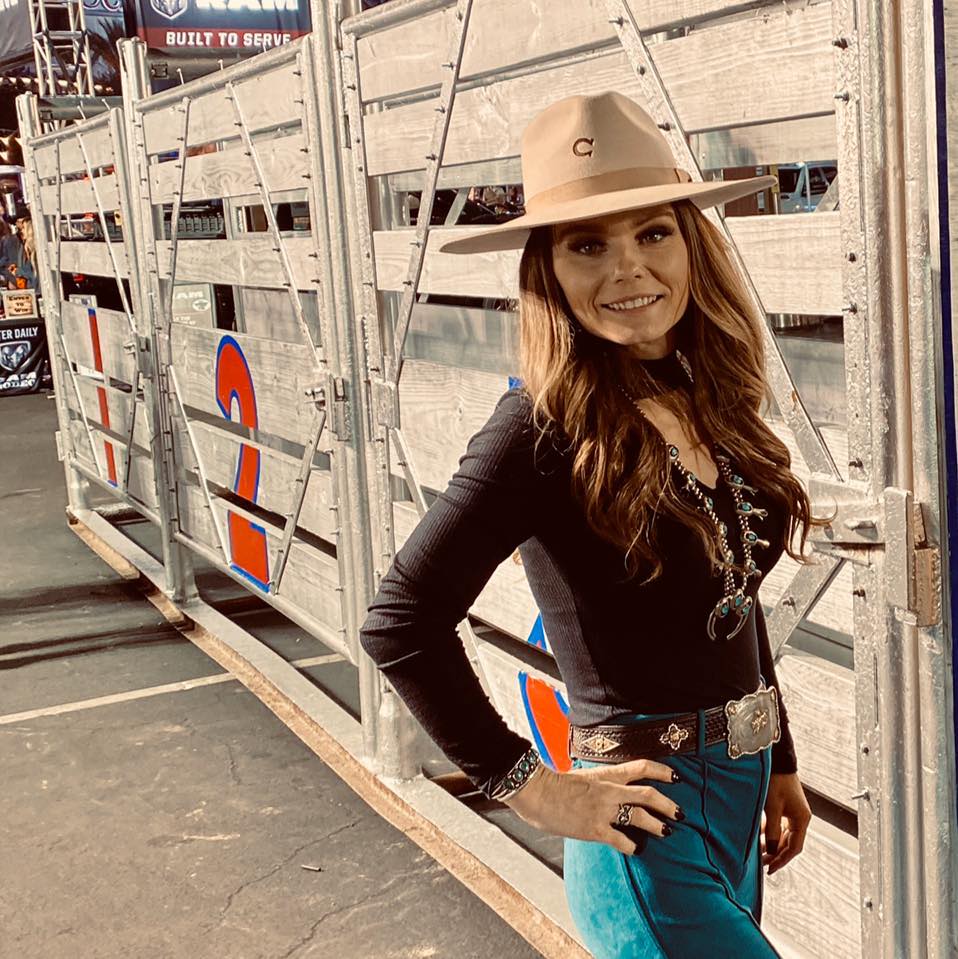
Rossi Glover, the passionate Owner of Grand Lake Coffee, infuses every cup with her love for coffee and dedication to quality. With an extensive background in the art and science of coffee, Rossi is not just a connoisseur but a storyteller, sharing the intricate tales behind each brew.
